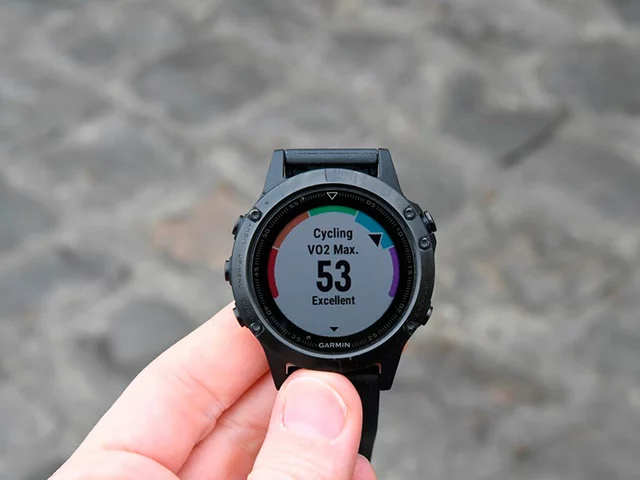Is it better for your health, to cycle slowly, or as fast as you can?

Understanding Cycling and its Impact on Health
I'm sure you've heard it before - cycling is great for your health. But how exactly does it benefit you? And more importantly, does the speed at which you cycle make a difference in these health benefits? These are just a few of the questions that I hope to answer in this article. So whether you're a leisurely cyclist or a speed demon, keep reading to find out how your cycling habits are affecting your health.
The Health Benefits of Cycling
Before we delve into the speed aspect, let's first take a look at the overall health benefits of cycling. It's a low-impact exercise, which means it's easier on your joints compared to other forms of exercise like running or jogging. Cycling also benefits your cardiovascular health, helping to improve heart and lung function, lower blood pressure, and reduce the risk of heart disease.
The Impact of Cycling Speed on Calories Burned
One of the most common reasons people cycle is to lose weight or maintain a healthy weight. And the speed at which you cycle can certainly make a difference in the number of calories you burn. Generally speaking, the faster you cycle, the more calories you burn. But it's important to note that cycling at a high intensity for a short period may not be as effective as cycling at a moderate intensity for a longer period.
The Effect of Cycling Speed on Cardiovascular Health
As I mentioned earlier, cycling is great for your heart. But does cycling speed make a difference? Research suggests that it does. High-intensity cycling can improve cardiovascular health more than low-intensity cycling. However, it's important to note that any form of cycling is beneficial for cardiovascular health, so if high-intensity cycling isn't for you, don't worry. You're still doing your heart a favor by cycling at a slower pace.
Cycling Speed and Muscle Building
If you're looking to build muscle, you might be wondering if cycling speed plays a role. The answer is yes and no. While cycling at a faster speed can help to build leg strength, slower, more controlled cycling can also be beneficial for building muscle. It all comes down to resistance. The more resistance you encounter while cycling, whether from a faster speed or a steeper incline, the more your muscles have to work.
The Role of Cycling Speed in Stress Relief
Cycling can be a great way to relieve stress, regardless of the speed. The physical activity itself helps to release endorphins, the body's natural feel-good hormones. Plus, if you're cycling outdoors, you get to enjoy the fresh air and scenery, which can also help to reduce stress and improve mood. Whether you choose to cycle slowly and take in the sights or cycle fast for a more intense workout is entirely up to you.
How Cycling Speed Affects Joint Health
As a low-impact exercise, cycling is often recommended for people with joint issues. But does the speed at which you cycle affect your joints? Generally, cycling at a moderate speed is best for joint health. Cycling too fast can put unnecessary strain on the joints, while cycling too slowly may not provide enough resistance to strengthen the muscles that support the joints.
Cycling Speed and Risk of Injury
Lastly, let's talk about safety. High-speed cycling, especially on busy roads or rough terrain, can increase the risk of accidents and injuries. On the other hand, slow and controlled cycling can help to improve balance and coordination, reducing the risk of falls. So if safety is a concern for you, you might want to consider slowing down your cycling speed.
So, Is It Better to Cycle Slowly or Fast?
After all this information, you may still be wondering - is it better to cycle slowly or fast? The answer is, it depends. It depends on your fitness goals, your current health status, and your personal preferences. Both slow and fast cycling have their own sets of benefits, and the best approach is often a combination of the two.
Final Thoughts
In conclusion, cycling, regardless of speed, is beneficial for our health. It burns calories, improves cardiovascular health, builds muscles, relieves stress, promotes joint health, and reduces the risk of injuries. The key is to listen to your body and adjust your cycling speed accordingly. Remember, it's not about how fast you cycle, but how consistently you do it. So get on your bike and enjoy the ride!




